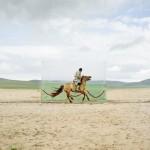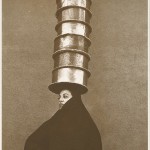Lindley Warren Mickunas: The 2020 Lenscratch Student Prize Honorable Mention
It is with great pleasure that we announce the 2020 Lenscratch Student Prize Honorable Mention Winner, Lindley Warren Mickunas. She was selected for her outstanding project, Maternal Sheet. Warren Mickunas is a current MFA candidate at Colombia College Chicago going into the second and final year of her education this Fall. She is deeply involved in the world of contemporary photographic arts inside and outside of her own practice, which is reflected in the work shown here.
The jurors included Guanyu Xu – 2019 Student Prize Winner, Zora Murff- 2018 Student Prize Winner, Shawn Bush – 2017 Student Prize Winner, Drew Nikonowicz – 2016 Student Prize Winner, Elizabeth Moran – 2013 Student Prize Winner, Aline Smithson – Lenscratch Founder & Editor in Chief, Brennan Booker – Lenscratch Director of Special Projects, and Daniel George – Lenscratch Submissions Editor. We had a record number of submissions and the competition was fierce.
Since seeing Warren Mickunas’ photographs from Maternal Sheet for the first-time some months ago, the visceral images have been burned into my psyche unable to escape, similar to how trauma plays an action/image/scene on repeat throughout one’s life. Throughout the series, there is a continual reference to an unknown wound, one that lacks specificity but can be extensively understood by collective experience. As Warren Mickunas reveals in her statement, the personal narrative “acts as a springboard to visually investigate universal themes surrounding the lingering effects of trauma”, lingering being a key word within that statement. These images and memories of painful events never leave those that experience them. They are everlasting and omnipresent.
The stark contrast of high and low values, variance in angle of view and an ever-changing distance between camera and subject provides a feeling of familiarity and unease in the series, which is often felt within familial dynamics. Warren Mickunas has created an enticing visual syntax in Maternal Sheet that pushes and pulls, hides and reveals, acting as a vital communicator to the “profound longing for familial closeness and necessity for separation”. While this is just the beginning of image production for Maternal Sheet, the body of work is rich in intention, creating a visual vocabulary that is both historic and contemporary in its construction. Stay tuned, Warren Mickunas and the photographs that comprise Maternal Sheet will continue to make waves for years to come.
Lindley Warren Mickunas is a Chicago-based photographer and the founder of The Reservoir, a collective editorial project on the politics of image-making. Warren Mickunas is a curatorial assistant at the Museum of Contemporary Photography and an MFA Photography candidate at Columbia College Chicago. Most recently, she was named a 2020 Aperture Portfolio Prize Runner-Up, published in FotoFilmic’s JRNL 2 edited by STANLEY/BARKER, and exhibited by Der Greif at Berlin Photo Week.
Maternal Sheet
I have never left. Your bodies are before me
at all times, in the dark I see
the stars of your teeth in their fixed patterns
wheeling over my bed
. . .
You think I left—I was the child
who got away, thousands of miles,
but not a day goes past that I am not
turning someone into you.
– Sharon Olds, “Possessed (for my parents)”
Within the ongoing series Maternal Sheet, I utilize various modes of image-making to contextualize notions of parent-child relationships and the conceptual weight of carrying the past. My approach ranges from large-format photographs of reenactments sourced from my familial history performed by non-relatives to present day digital documentations of my family and their domestic spaces, allowing the fabricated and the real to blend together much like they do in memory. These images explore heritage, violence and co-dependency, especially pertaining to the maternal bond. My personal narrative acts as a springboard to visually investigate universal themes surrounding the lingering effects of trauma and grapple with the profound longing for familial closeness and the necessity for separation.
SB: Congratulations on all of the recent press on your beautiful and tenuous body of work Maternal Sheet and thank you for taking the to speak with me. I am deeply entranced by your work and the intention embedded into your practice. Can you tell us a little about how you got into photography and the struggles or restrictions that you have faced within the medium throughout your relationship with it?
LWM: Thank you so much, Shawn. It’s a pleasure to speak with you. I grew up in Iowa and wasn’t exposed to visual arts other than through what I was taught in public schooling. As a teenager I started regularly going to the art museum in my hometown and began to connect with artists online. Around that time I saw an Ana Mendieta retrospective followed by Helen Molesworth’s “Work Ethic.” These two exhibitions truly changed my life and opened up so many potentials in my mind.
Early on a lot of the limitations I experienced were based on location and a lack of finances. However, as I got older and became more independent, I found ways to live elsewhere and make money in order to support my desire to be involved in the photography community both as an independent editor/publisher/curator and as a practitioner. Today my struggles with the medium are vastly different than when I began. Now they come from a more privileged place: how do I bend and stretch the medium? What can I do that may deepen and enrich the viewer’s experience? At this point in my life I think a lot of restrictions I face with the medium are self-imposed. I’m not rolling around in money by any means, but I have the time and equipment I need to make my work. It’s like Maslow’s Hierarchy of Needs and all that. Stability in my life allows me to have the energy and mental capacity to focus on larger creative questions. Mind you, I am talking about a pre-pandemic reality. Things in this moment are, of course, different.
SB: Being a collegiate student studying visual arts is a place of privilege, though some may argue that the COVID pandemic is crippling their education and ability to create. You have an almost Zen like philosophy to how you plan on navigating your final year of your MFA education and have an innate ability to manage expectations as to the post grad school landscape could look like for you. Many students, though especially MFA students, have high hopes as to what the outcome of their high cost educations will be. How do you manage production of new images and your own expectations in a fast paced 2 year graduate program during this time?
LWM: In my life, it hasn’t been unusual for me to make work through difficult times. Certainly I work slower when things are unstable, but during the times I don’t feel capable of generating output, I switch to input and focus on research, reading, looking at art, watching movies, and doing other things that are vital parts of my practice that don’t involve creating images. As an individual, I dedicate a lot of time to my practice. So, while being in school, the setup isn’t that different for me. I do have to switch to an output mode more frequently and at a higher rate than I do naturally, but I already have the time cut out in my life to focus on work, so I just have to switch that part a bit. I also feel supported in my program, so there are times that for critique I’ve brought in what I myself consider “visual research” (i.e. images I may make, edit, or find from an archive — either my own or elsewhere), even though I don’t have any intention of showing that work to the public or as part of my larger output. This allows me to think about my work on a deeper level and make sense out of the concepts that I’m working through while being true to my need to create images at a slower rate than some other photographers.
SB: You are working with both family and non-family members to create the work and are able to seamlessly blend the two together because of your strong intention, previsualization and understanding as to how you can construct an effective visual language. Do you find it is easier or perhaps that you are more successful in communicating your ideas with family or non-family members, in terms of working with them and the images that result from the collaboration?
LWM: Each way is easier and more successful than the other but in different ways, if that makes any sense. When I photograph my family I don’t stage them and, if I do, it’s slight. It’s more of a documentary approach where I’m responding to the moment we are in and shooting a lot to get an image that speaks to what I’m trying to communicate. The other photographs are made with a monorail large format camera and everything is much slower and cumbersome. Those images often rattle around in my head for weeks or months, come to fruition, and then are entirely staged. The hope—through working in various modes—is that the images are then able to hit different emotional resonances and create a fuller visual experience when looking at the series as a whole.
Posts on Lenscratch may not be reproduced without the permission of the Lenscratch staff and the photographer.
Recommended
-
Amrita Stützle: The 2020 Lenscratch Student Prize Winner Honorable MentionJuly 29th, 2020
-
Leah Schretenthaler: The 2020 Lenscratch Student Prize Winner Honorable MentionJuly 28th, 2020
-
Hannah Altman: The 2020 Student Prize Winner Honorable MentionJuly 27th, 2020
-
Lindley Warren Mickunas: The 2020 Lenscratch Student Prize Honorable MentionJuly 24th, 2020
-
William Camargo: The 2020 Lenscratch Student Prize Third Place WinnerJuly 23rd, 2020

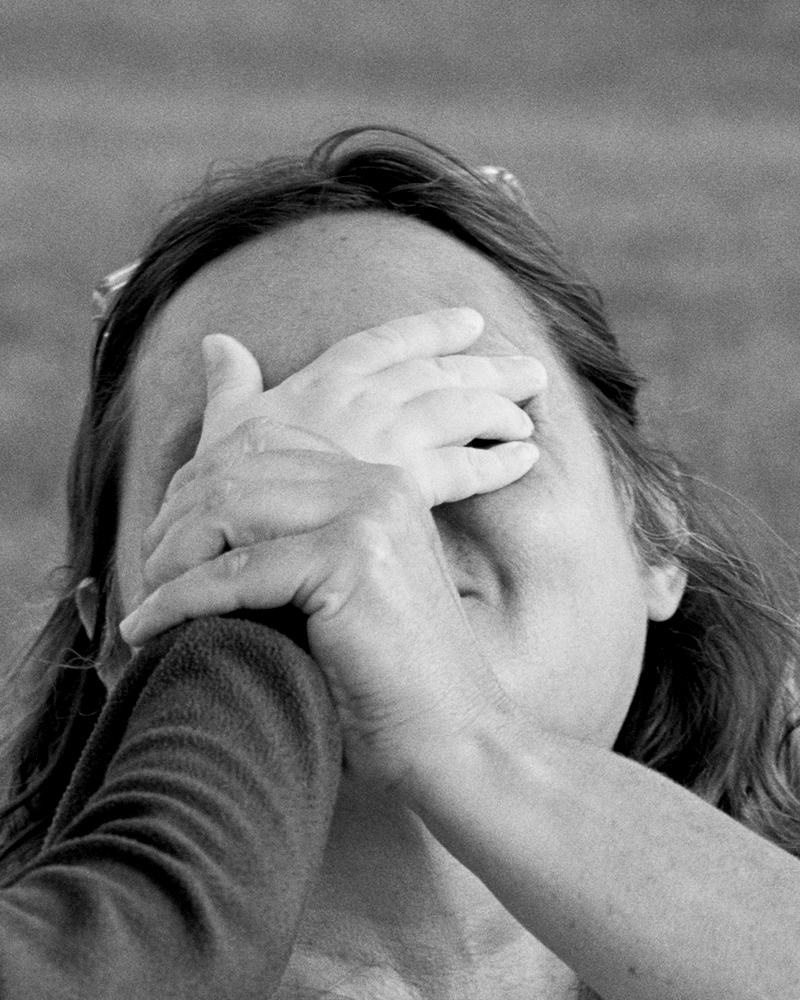

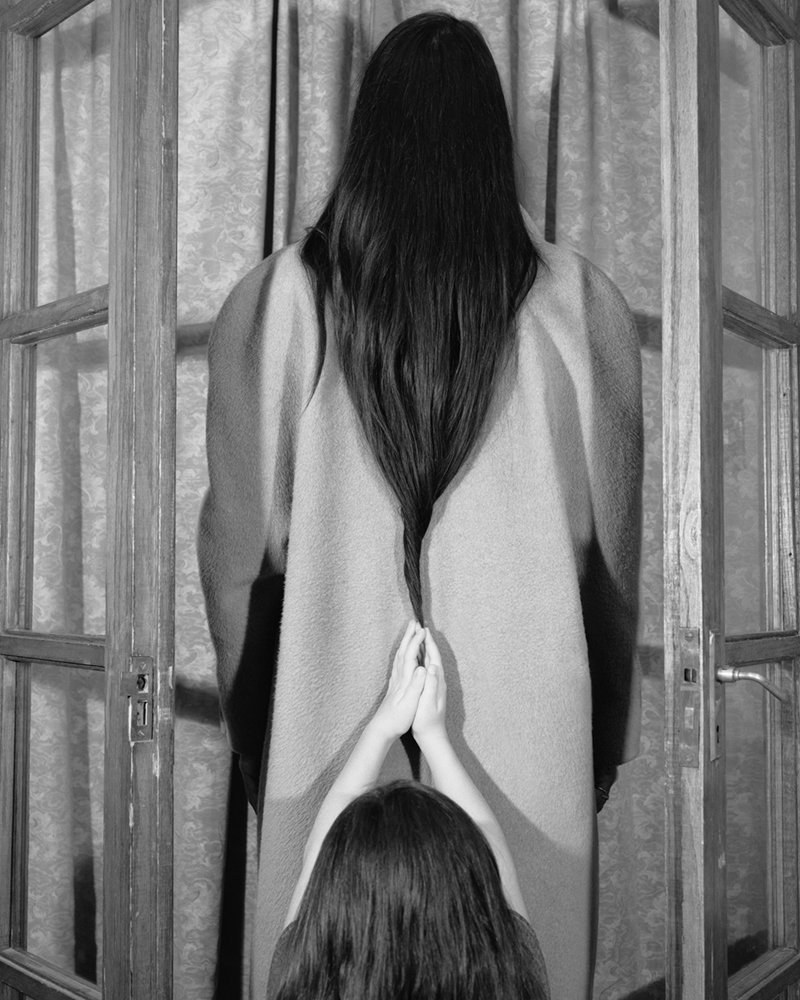
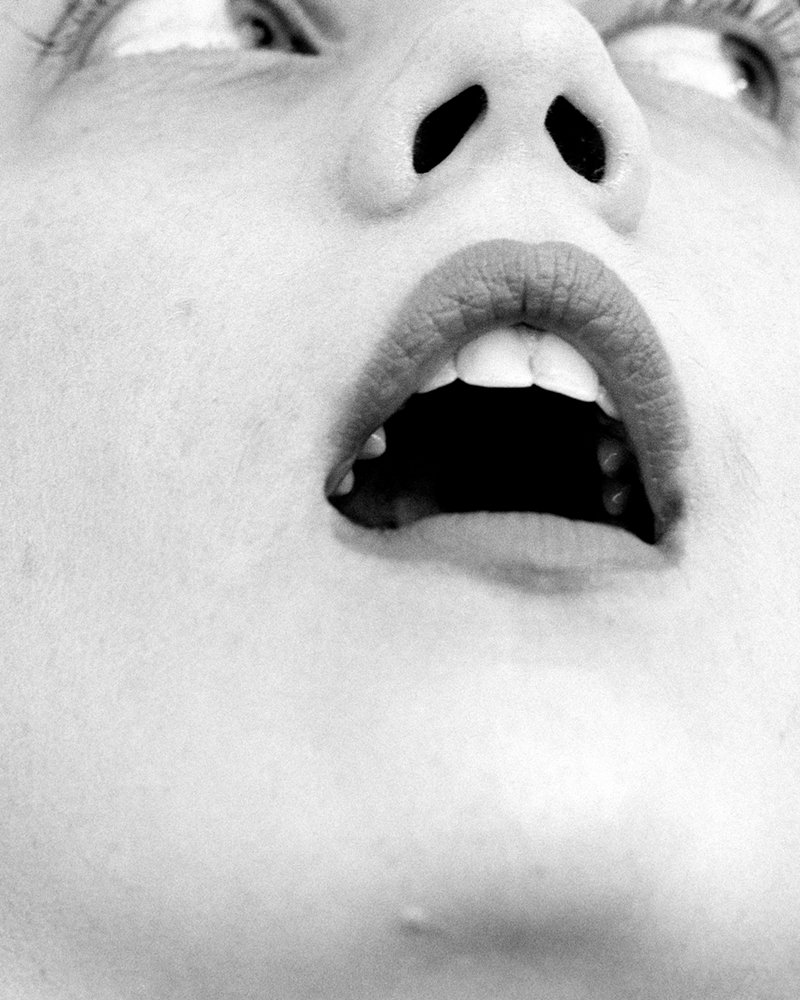
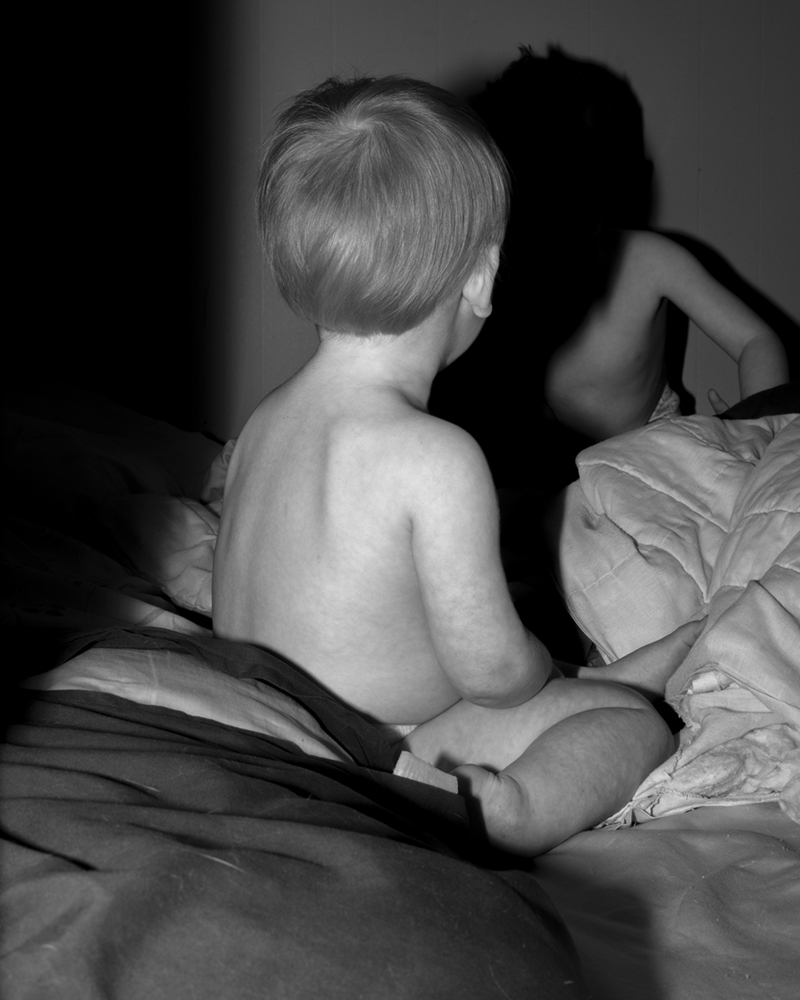
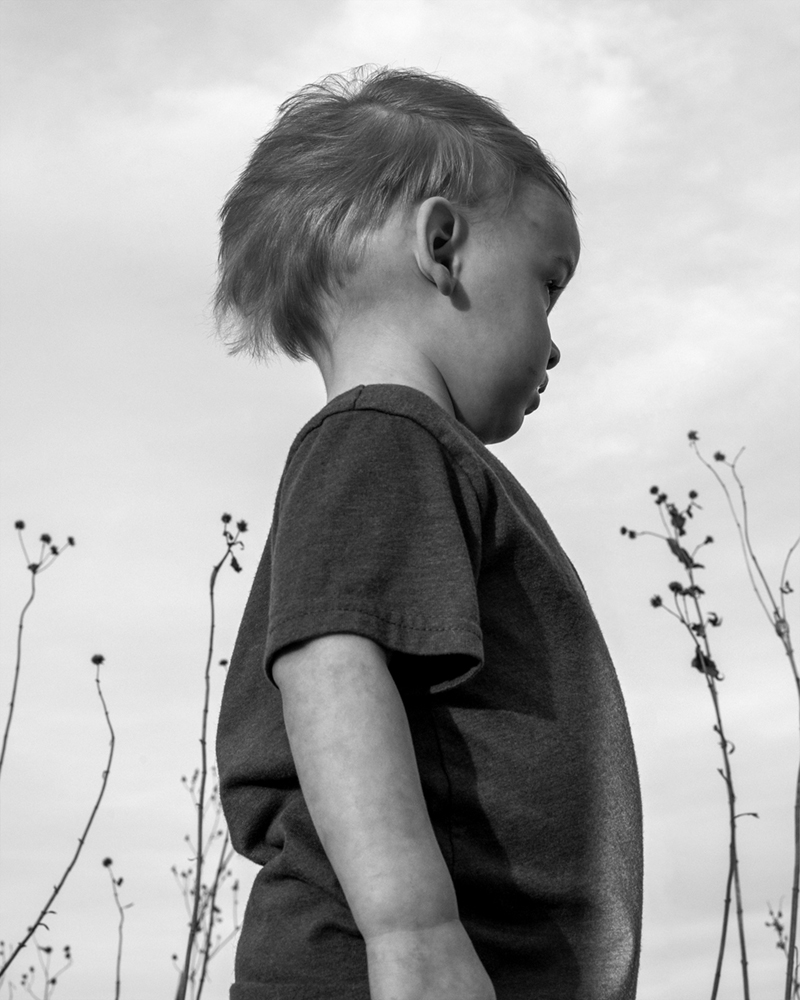
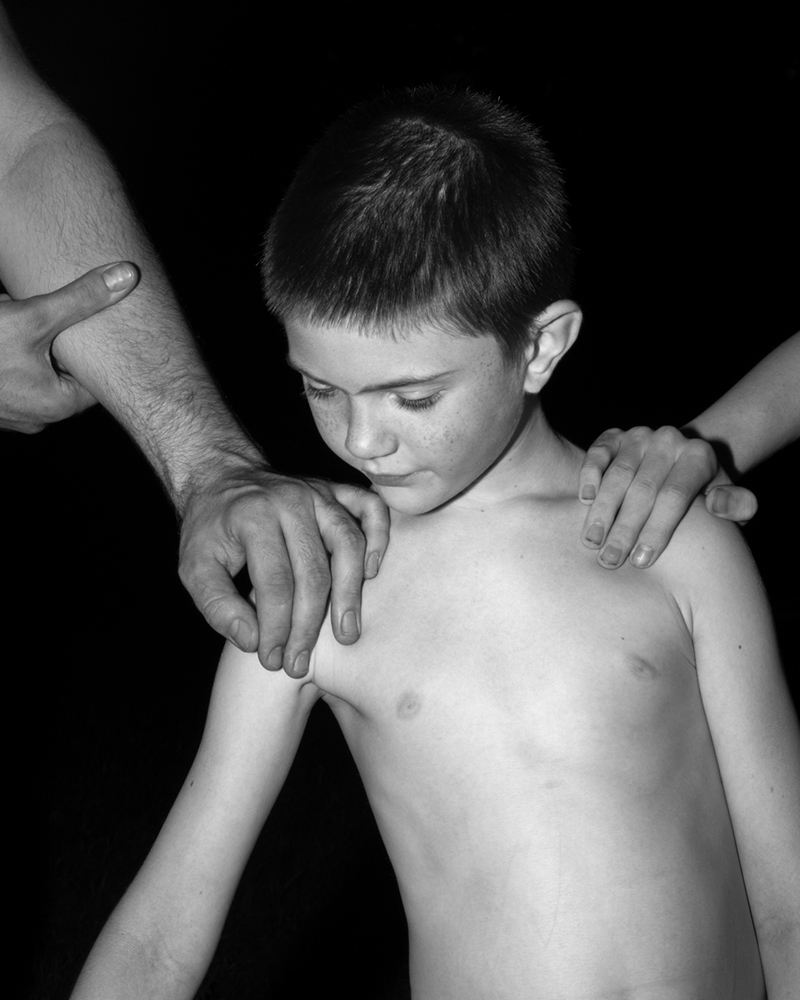
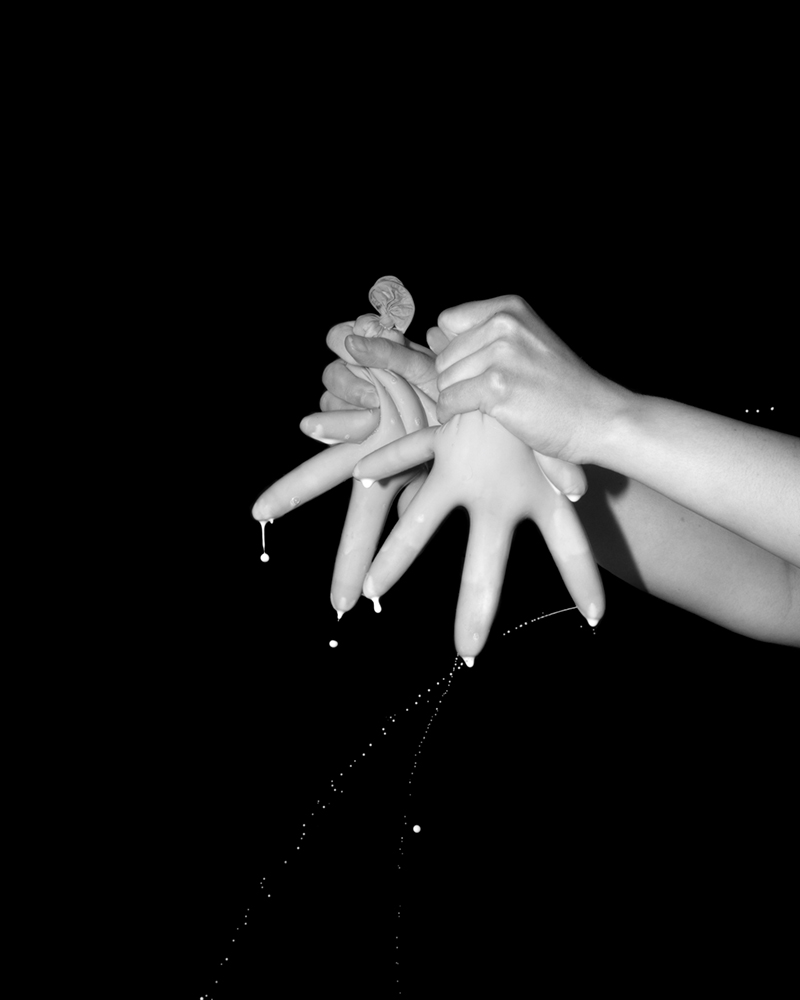
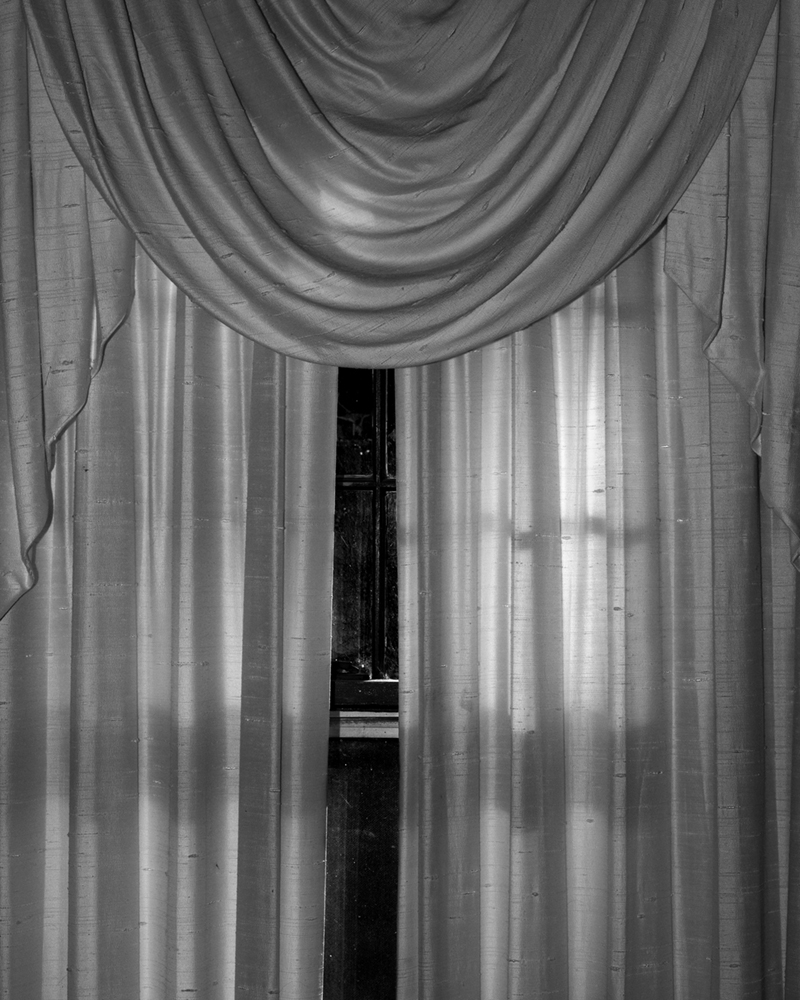
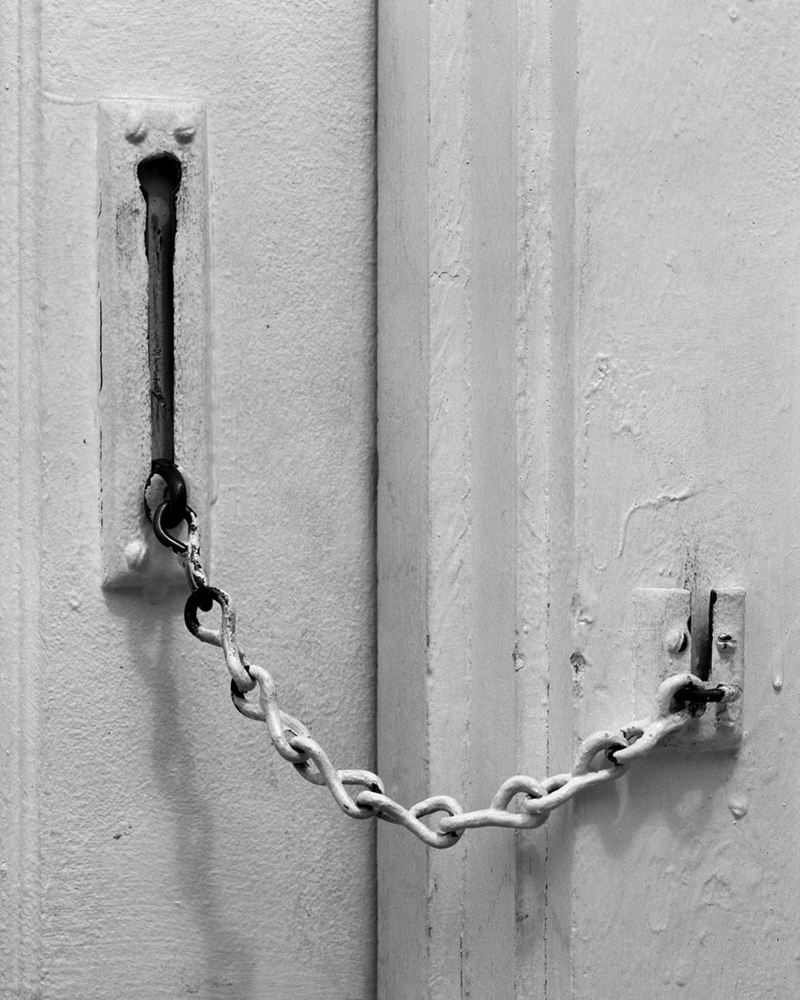
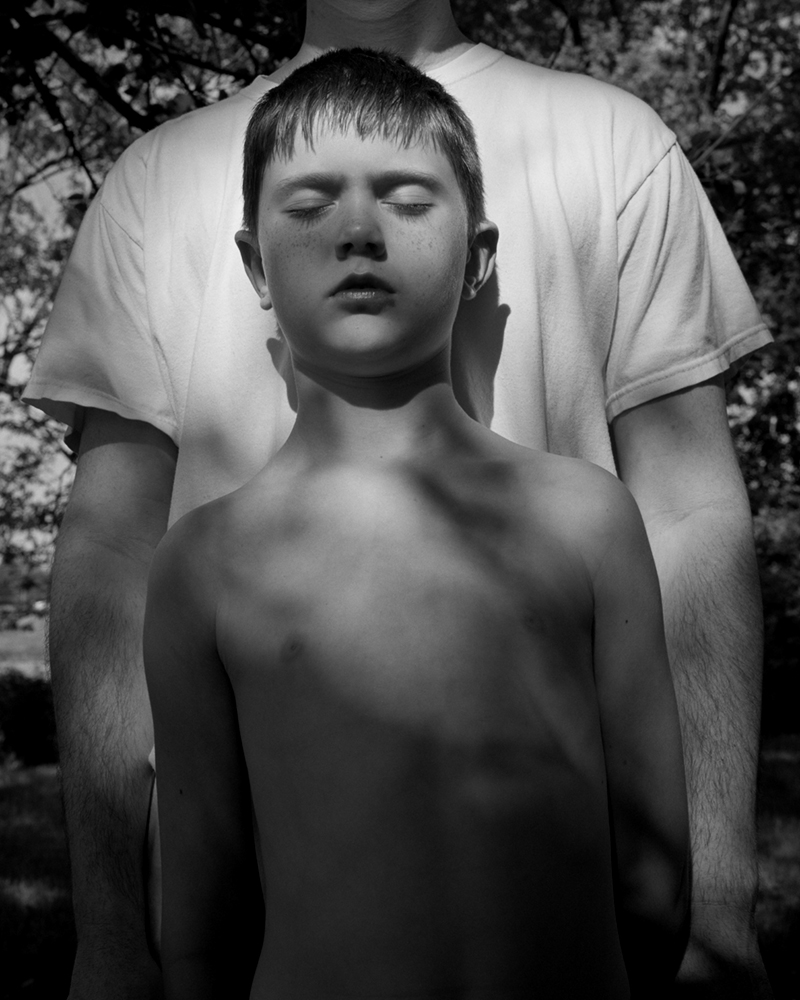
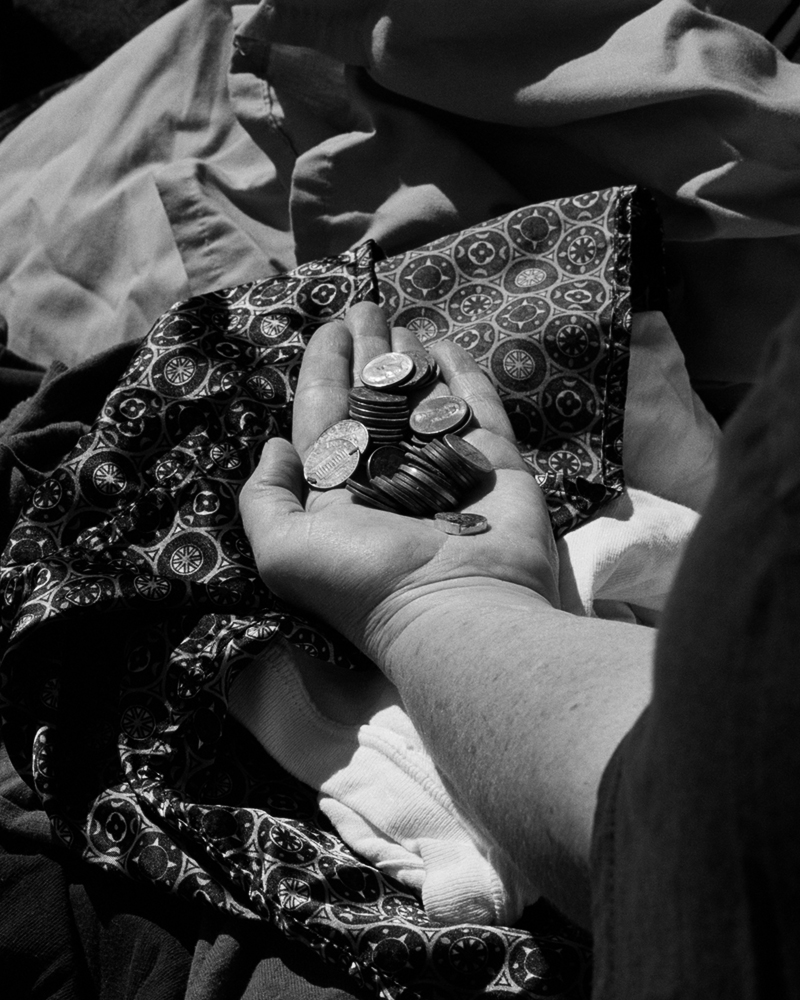
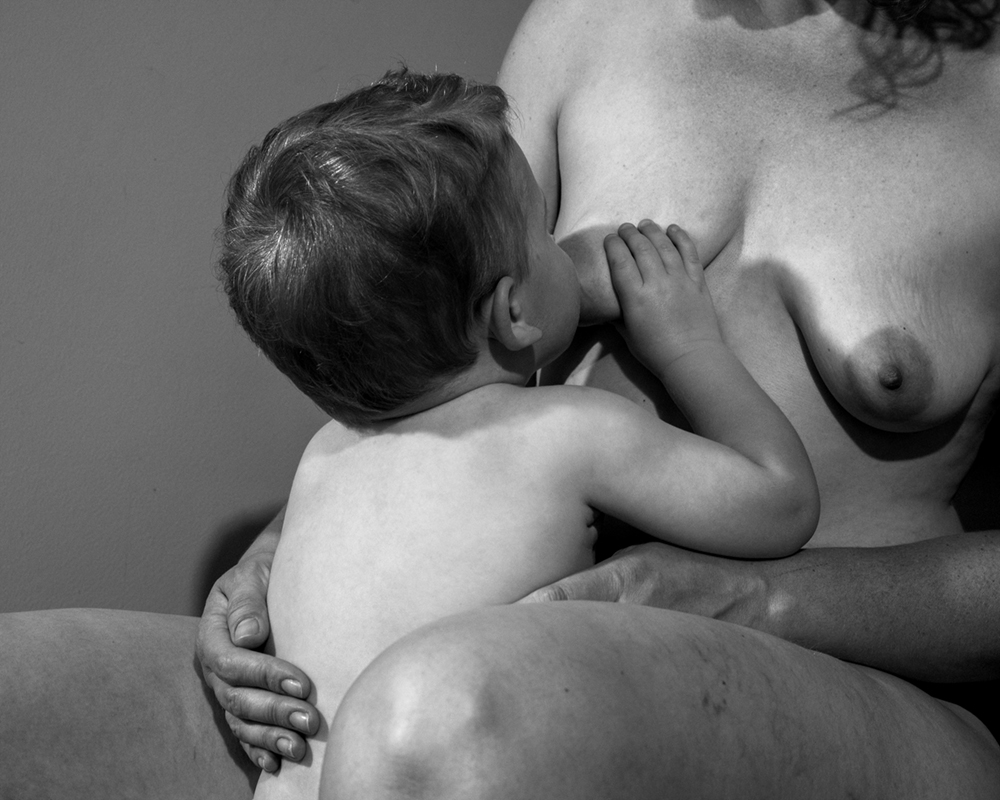
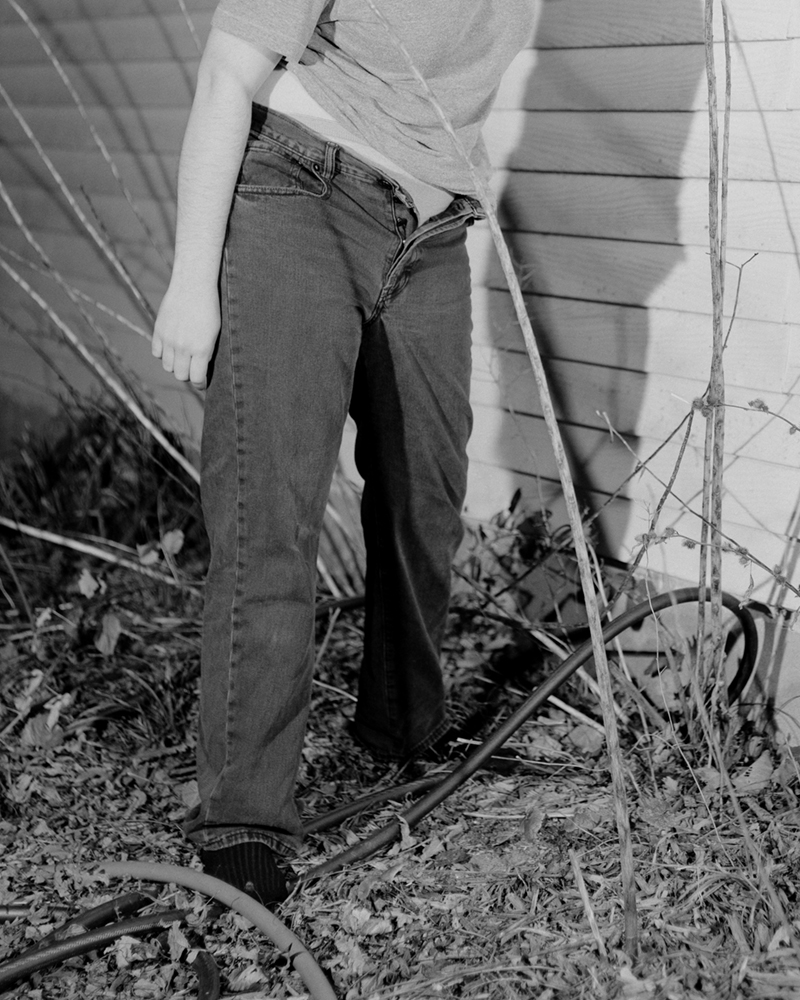
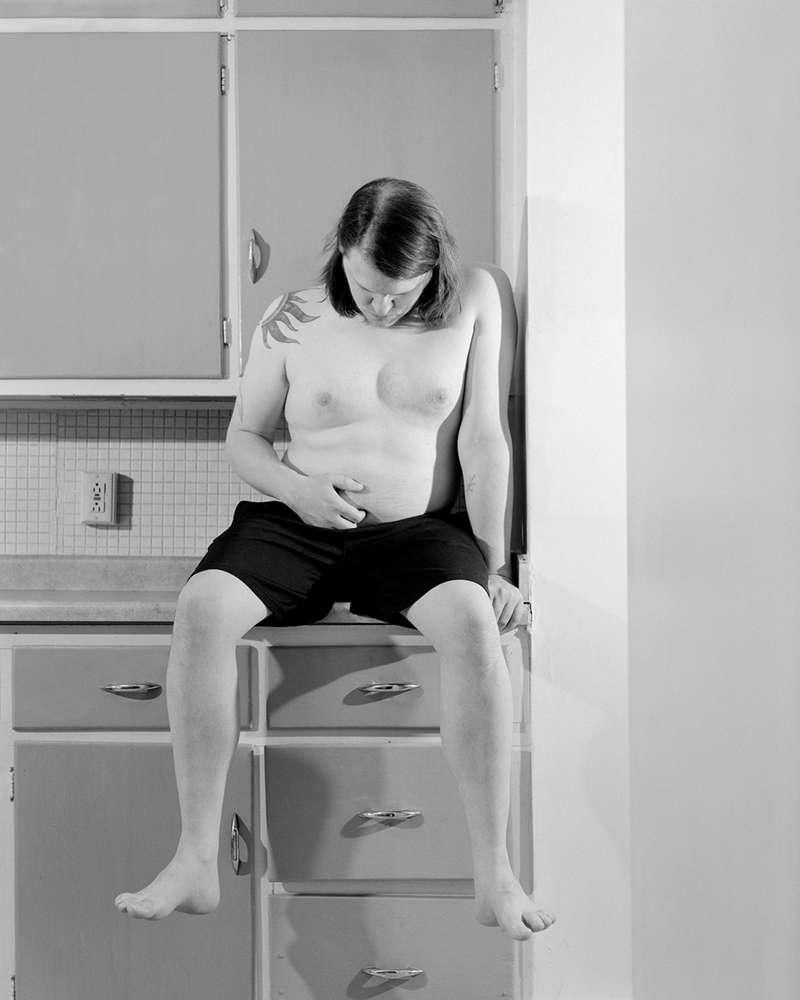
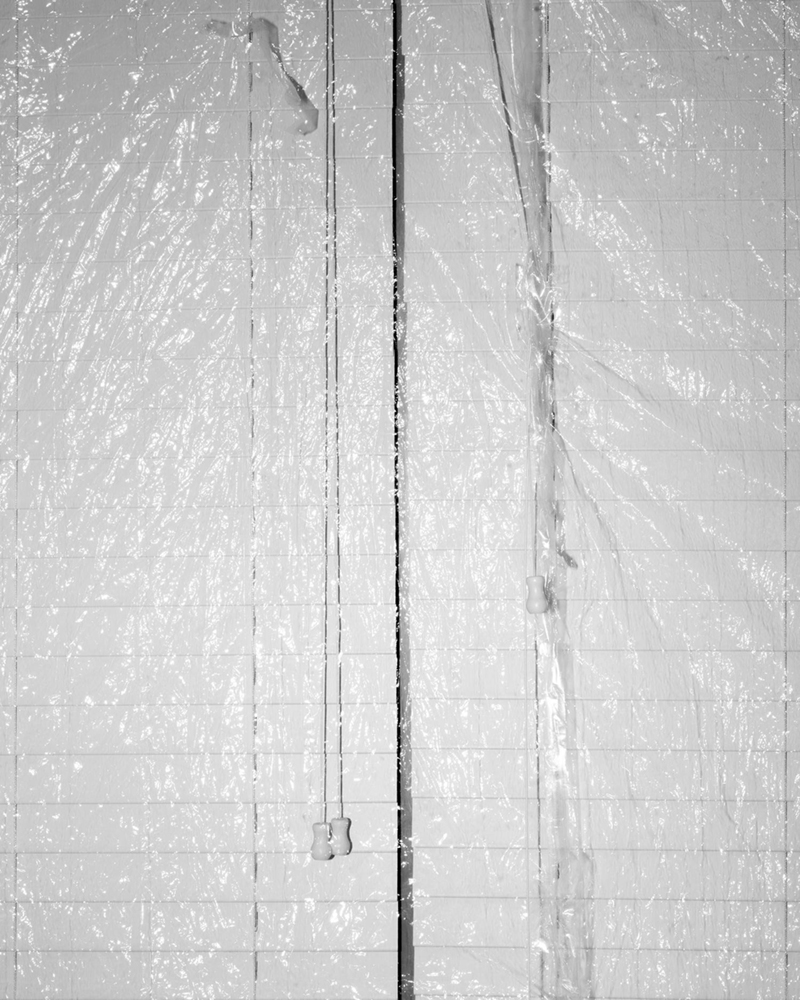

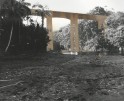



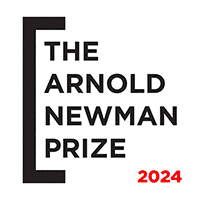
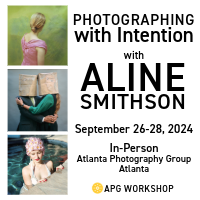
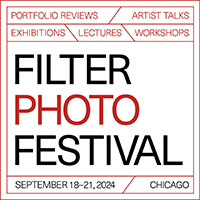
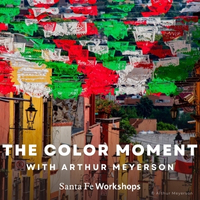



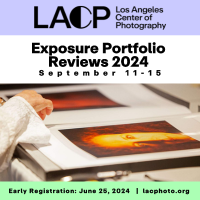

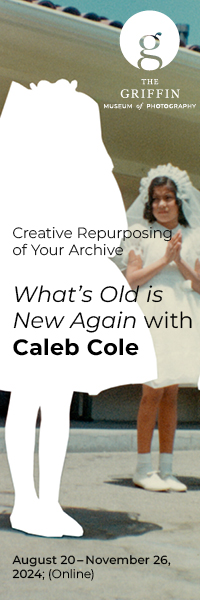


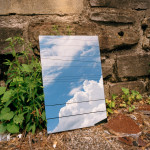
![CHILD OF ANCESTORS [FOTOSBYKIMBERLY]](https://lenscratch.com/wp-content/uploads/2021/10/CHILD-OF-ANCESTORS-FOTOSBYKIMBERLY-150x150.jpeg)
